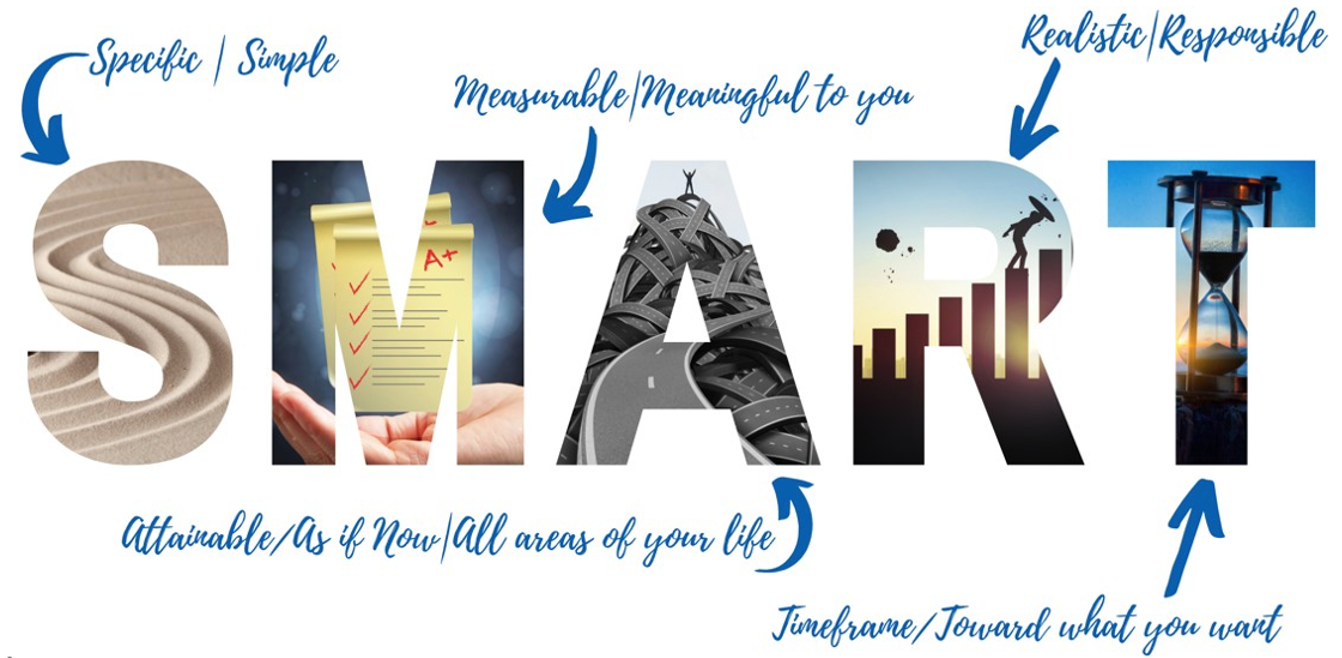Episode 185: Setting Your Goals for 2022

In Episode 185 of the Wandering But Not Lost Podcast, co-hosts Jan O’Brien & Matt Emerson continue their month-long series on Business Planning. According to the best research, less than 3 percent of Americans have written goals. We'll take the struggle out of the process - or at least - help you see s bit of light around goal writing!
October is Business Planning Month!
Get our Free Real Estate Business Planning and Goal Setting Video Course and all supporting downloads - HERE.
Over the next three weeks, we will cover the 3 Steps to a Powerful Real Estate Business Plan.
- Write your goals and desired outcomes
- Create a written business action plan
- Measure and track your activities and results
What you do to finish strong in the 4th QTR will set you up for success in 2022!
Here is your challenge
- Are you ready, willing, and able to join the 10% of successful real estate professionals?
- Are you willing to do the opposite of what the masses usually do to achieve your desired outcomes?
Identify clear, concise, SMART goals and know your WHY for each of them. Write them down for all areas of your life (Personal, Financial, Business/Career, Relationships/Family, Spiritual)

Specific/Simple ~ Is your goal specific and simply stated? example: "I want to be successful"
Would that be considered a specific goal? The answer is no. A specific goal would be, "I earn
$100,000 by December 31st of this year."
Measurable/Meaningful to you ~ Is your goal measurable?
The same example would apply. Earning $100,000 would be easily measured. Either you made it, or you did not!
Is your goal meaningful to you? Is the goal something you are passionate about, or is it something someone else wants for you?
Attainable/As if Now/All areas of your life ~ Is your goal attainable? Is it something you can achieve?
For example: "I want to earn One Billion dollars by December 31st of this year"
Although anything you put your mind to is possible, we want to make sure we are setting ourselves up for success, not failure. Think Big but be realistic.
Write out your goals as if they are happening now. Turn your priority goals into affirmations. The specific goal stated above would be an excellent example of this, "I earn $100,000 by December 31st of this year".
Write well-defined and clear goals in all areas of your life
- Family & Relationships I Communicate with all of my siblings at least twice a month
- Business & Career I Make one qualified appointment each business day
- Financial I Transfer 10% of my monthly net earnings to my bank savings account
- Personal, Physical, Mental, Spiritual I Meditate (min 10 mins) and practice mindfulness daily
- Fun (Hobbies/Travel) I Enjoy 2 (one week) vacations by 12-31
Realistic/Responsible ~ Is your goal risky? This is where you can challenge yourself to attain a goal that would usually seem out of reach.
For example, if you think you can achieve X, shoot for Z
Create goals that are just outside of your comfort zone, causing you to push your boundaries regularly to achieve them.
Is your goal responsible? Is it ecological? For what purpose do you want this? What will you gain or lose if you have it?
Timeframe/Toward what you want ~ Is your goal timely? Does it have a due date? Without a specific deadline, a task can be put off repeatedly and often never completed.
Assign levels of prioritization as you plot out your goal setting. Even if your goal is easy to attain, continue to track your progress. Remember, everything counts.
The success of your goals comes from the sum of all activities that have a specific focus. Is your goal stated in words and actions that take you toward, not away from, your desired outcome?
Example: "I am a comfortable size ten by September 17th of this year." Instead of "I want to lose 10 pounds by June 30th, 2021."
Why Written Goals?
To clarify what it is you truly desire
Writing down your goals forces you to select something specific and decide what you want and when you want to attain it. Goals need to be important to you, your passion.
- What is it that drives you? What motivates you?
- What do you want?
- What is your dream?
- What are you genuinely passionate about?
- What price will you have to pay to reach your goals?
- Are you willing to pay that price?
- WHY is it important?
To motivate and inspire you to take action
- Writing your goals down is only the first It is also essential to review your goal regularly, which supports you to take the next most important action step toward your goal
- Are you willing to take action now?
- To keep your commitment, are you willing to say NO to the things that get in the way of you reaching your goals?
- The actual test of commitment is ACTION
To help you overcome resistance
- Every meaningful intention, dream, or goal encounters resistance
- From the moment you set a goal, you will begin to feel it
- Resist the temptation to focus on that resistance and instead focus on what you want to accomplish
- How committed are you to reaching your goals? To get what you want, you must be willing to change and grow, often through the discomfort
- These are growing pains. Are you ready to get comfortable with being uncomfortable?
To enable you to see and celebrate your success and progress
- Written goals are like mile-markers on a highway.
- They enable you to see how far you have come and how far you need to go.
- They also provide an opportunity for celebration when you attain them.
- Celebrate your successes along the way while making any necessary course
Become a Dream Builder...

If you haven't joined our private Facebook Group, now is the time!
Experience These Benefits:
- Monthly LIVE Training Workshops
- Instant Access to ALL WBNL FREE courses and downloads
- Early Access to New Events
- Member Discounts on WBL Courses








